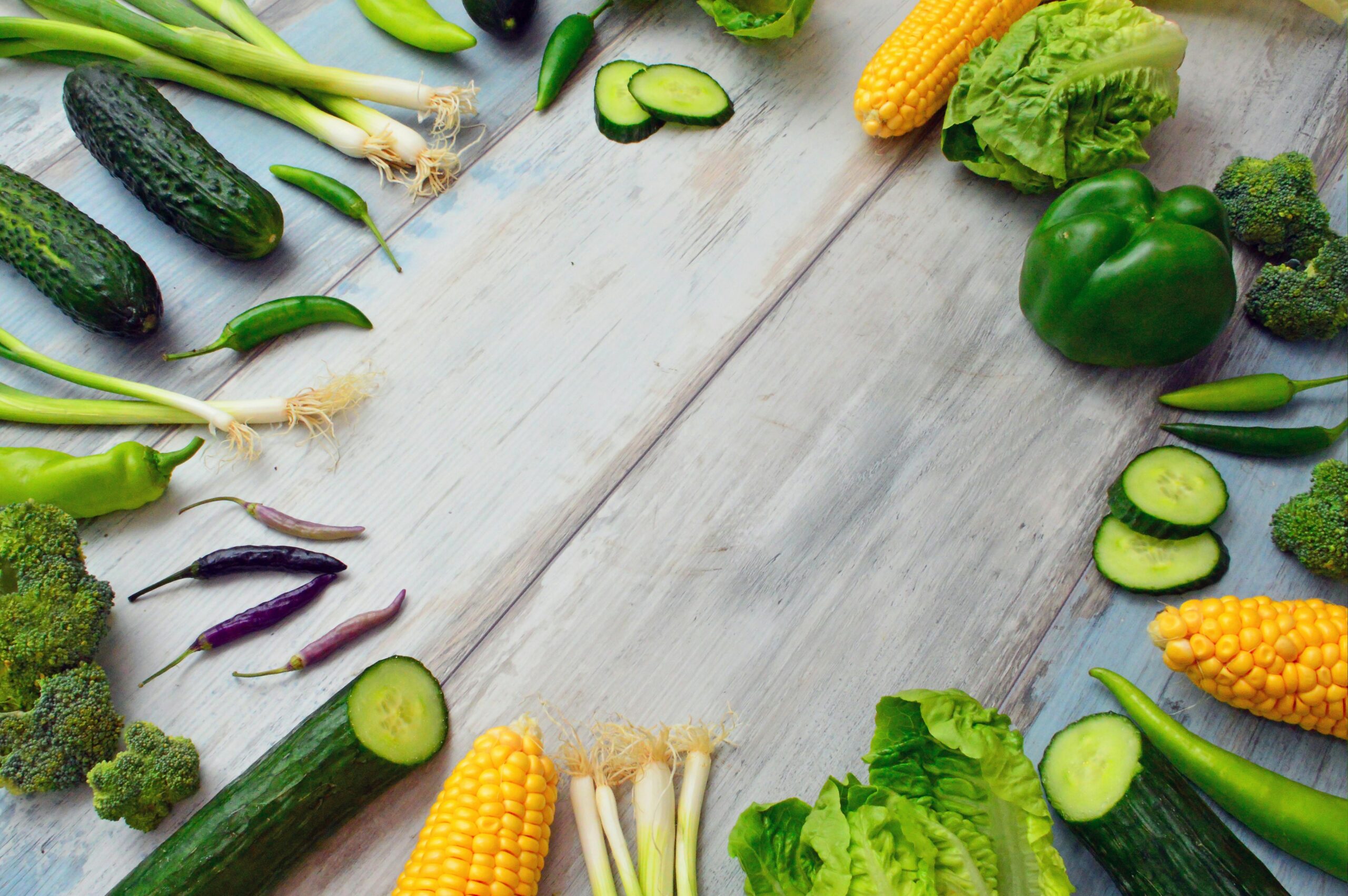Every year, September 29th marks the International Day of Food Loss and Waste Awareness. This important day is a global call to action to address one of the most critical sustainability issues we face. At the individual level, we have power to make a meaningful difference. Reducing food waste is not just about helping the environment; it’s also about supporting global food security and saving money in our households.
At Willowbrook Foods, we are committed to promoting sustainable practices that reduce food waste at every step of the supply chain. By fostering awareness and encouraging responsible food management, we aim to inspire our community to take small, meaningful actions that collectively contribute to a more sustainable future. Together, we can ensure that food is valued, conserved, and used to its fullest potential, benefiting both the planet and those in need. This blog outlines what we can do as an individual to tackle this issue.
Why Does Food Waste Matter?
Globally, approximately enough food goes to waste every year to feed over 2 billion people. When we throw away food, we’re discarding not only the food itself but also the water, energy, labour, and land that went into producing it. This contributes to greenhouse gas emissions and further strains our planet’s ecosystems.
The good news is that there are small, practical steps each of us can take to reduce our impact.
How Individuals Can Help Reduce Food Loss and Waste ♻️
1. Plan Your Meals & Shop Smart
One of the easiest ways to reduce food waste is to plan your meals for the week and make a shopping list accordingly. This way, you buy only what you need and avoid impulse purchases that might end up going to waste.
- Tip: Before heading to the store, check your fridge and cupboards to see what ingredients you already have. Make sure to use older items before they expire!
2. Learn Proper Food Storage
Properly storing food can help extend its shelf life, ensuring it’s still fresh when you’re ready to use it.
- Tip: Store fruits and vegetables in the right conditions—some like it cool and dry (onions, potatoes), while others need refrigeration (berries, leafy greens). Use airtight containers for leftovers to keep them fresh longer.
3. Embrace “Imperfect” Produce
Did you know that lots of perfectly edible fruits and vegetables are discarded simply because they don’t meet cosmetic standards? Buying imperfect produce helps prevent food loss at the retail stage.
- Tip: Many shops and farmers’ markets offer discounts on irregular-shaped or bruised produce, which tastes just as good and helps reduce waste.
4. Get Creative with Leftovers
Instead of letting leftovers sit in your fridge until they spoil, get creative with them! Leftovers can be reinvented into new meals, such as soups, salads, or stir-fries.
- Tip: Overripe bananas? Make banana bread! Stale bread? Turn it into croutons or breadcrumbs.
5. Check Expiry Dates Mindfully
Many people dispose of food as soon as they see the “best by” date, but these dates are often indicators of peak quality, not safety. Understand the difference between “best by,” “sell by,” and “use by” labels to avoid unnecessary waste.
- Tip: Trust your senses! If food looks, smells, and tastes fine, it’s likely safe to eat beyond the printed date.
6. Compost Food Scraps
Some food waste is unavoidable, but composting helps reduce the amount of organic waste that ends up in landfills. Composting food scraps like fruit peels, coffee grounds, and eggshells turns them into nutrient-rich soil, perfect for gardens.
- Tip: Even if you don’t have a garden, many communities offer composting programs where you can drop off your compostable waste.
7. Donate Surplus Food
If you have excess food—whether it’s from your garden, a large batch of leftovers, or non-perishable items—consider donating it to a local food bank or community fridge.
- Tip: Research local food redistribution programs or apps that connect surplus food with those in need.
The Outcome of Individual Actions
By taking these steps, you are not only reducing your own food waste but also setting an example for others. Collective individual actions add up to make a global impact. The International Day of Food Loss and Waste Awareness reminds us that, together, we can achieve a more sustainable future, one meal at a time.
Share the Knowledge
Education is key to spreading awareness. Talk to friends and family about food waste and encourage them to adopt sustainable practices. By sharing simple tips, we can all be part of the solution. Remember, food waste reduction starts in our homes and extends to our communities.
A Greener Tomorrow Begins with You
The fight against food loss and waste is not just for governments, businesses, or policymakers—it’s a responsibility we all share. This International Day of Food Loss and Waste Awareness, take a moment to reflect on how you can reduce your food footprint. By making thoughtful, informed decisions in your daily life, you’re contributing to a healthier planet and helping ensure that more food reaches those who need it. Together, we can work toward a more sustainable and food-secure future!

